A03
A comparative approach to the consolidation of kinship memory
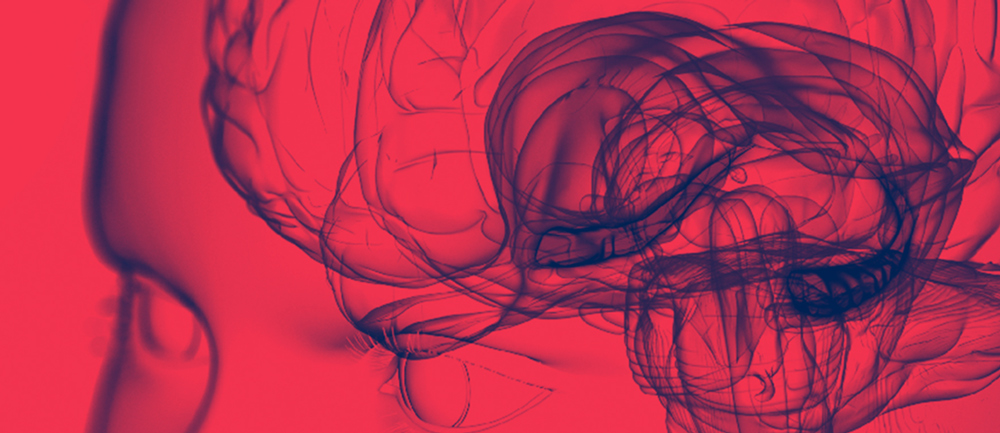
In the first funding period, the group of Michael Brecht investigated how conspecifics are represented in the ventral hippocampus (Rao et al., 2019). Subsequently, we assessed the role of the lateral septum – a major downstream target of hippocampus – in social representation. The evidence accumulated by our group suggests that the lateral septum plays a decisive role in kinship behavior (Clemens, Wang and Brecht, 2020). Kinship is a key determinant of social behavior according to personal experience (family bonds) and evolutionary theory (Hamilton, 1964). In the second funding phase we will investigate how kinship bonds are formed and consolidated. Specifically, we will investigate how pre- and postnatal experience modifies circuits in the lateral septum such that ‘kinship memories’ are laid down and kinship bonds form. We will study the unique synapses on somatic spines of lateral septum neurons in a joint project with PI Marina Mikhaylova. We will also investigate polymodal human kinship memory.
Graphical Abstract

Graphical abstract: Our project investigates the mechanisms and consolidation of kinship memory. The project sets out from our finding of the last funding period that lesions to the lateral septum disrupt olfactory kinship memory in rats (top). In the new funding phase, we investigate the synaptic underpinnings of kinship memory, specifically we ask if the unusual somatic spines contribute to the consolidation of kinship memory in rat. We will also investigate human kinship memory. We expect humans to have powerful abilities to assess kinship visually. Hence, we ask, if the human septum mediates polymodal (in particular visual and auditory) kinship memory.
Team
-

Prof Dr Michael Brecht
Humboldt-Universität zu Berlin
Head Brecht Lab, Executive Director BCCN
-
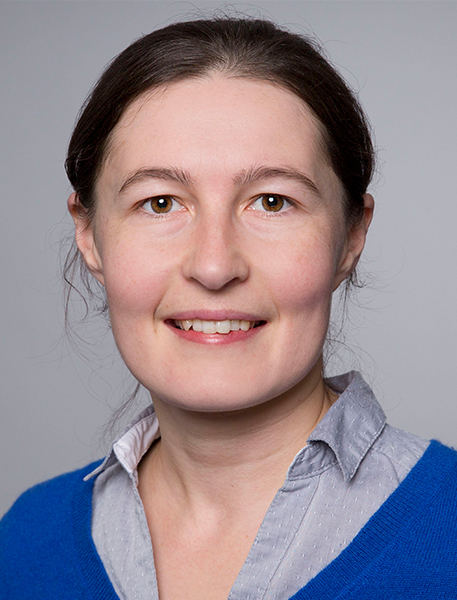
Prof Dr Marina Mikhaylova
Humboldt-Universität zu Berlin
Head Optobiology
-
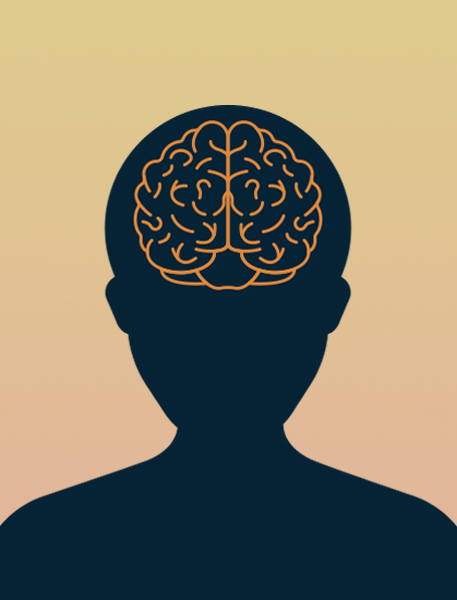
Dr Aygul Subkhangulova
Humboldt-Universität zu Berlin
A03 Associated Postdoc
-
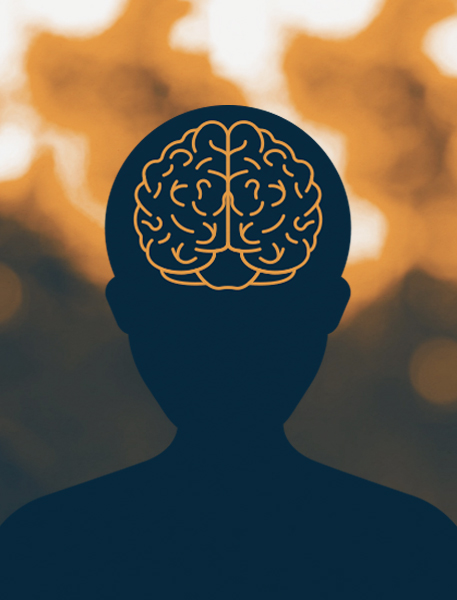
Sandra Proelss
Bernstein Center for Computational Neuroscience
A03 PhD (AG Brecht)
-

Daniela Hacker
Humboldt-Universität zu Berlin
A03 PhD (AG Mikhaylova)
-

Dr Wei Tang
Bernstein Center for Computational Neuroscience
A03 Postdoc Alumnus
-

Dr Anja Konietzny
University Medical Center Hamburg-Eppendorf
A03 Alumna
Publications
Unveiling the cell biology of hippocampal neurons with dendritic axon origin
Yuhao Han, Daniela Hacker, Bronte Catharina Donders, Christopher Parperis, Roland Thuenauer, Christophe Leterrier, Kay Grünewald, Marina Mikhaylova
J Cell Biol. 224 (1): e202403141 (2025)
Social play behavior is driven by glycine-dependent mechanisms
Anton Dvorzhak, Michael Brecht, Dietmar Schmitz
Curr Biol. 34(16):3654-3664.e6 (2024)
Functional interdependence of the actin regulators CAP1 and cofilin1 in control of dendritic spine morphology
Anika Heinze, Cara Schuldt, Sharof Khudayberdiev, Bas van Bommel, Daniela Hacker, Toni G. Schulz, Ramona Stringhi, Elena Marcello, Marina Mikhaylova & Marco B. Rust
Cell Mol Life Sci. 79, 558 (2022)
Play and tickling responses map to the lateral columns of the rat periaqueductal gray
Natalie Gloveli, Jean Simonnet, Wei Tang, Miguel Concha-Miranda, Eduard Maier, Anton Dvorzhak, Dietmar Schmitz and Michael Brecht
Neuron. 111, 1–12 (2023)
The endoplasmic reticulum puts a new spin on synaptic tagging
Anja Konietzny, Susanne Wegmann, Marina Mikhaylova
Trends Neurosci. 46(1):32-44 (2023)
Large-scale mapping of vocalization-related activity in the functionally diverse nuclei in rat posterior brainstem
Miguel Concha-Miranda, Wei Tang, Konstantin Hartmann, Michael Brecht
J Neurosci. 42 (44) 8252-8261 (2022)
Microcircuits for spatial coding in the medial entorhinal cortex
John J Tukker, Prateep Beed, Michael Brecht, Richard Kempter, Edvard I Moser, and Dietmar Schmitz
Physiol Rev. 102:653–688 (2022)
Neural representations of kinship
Ann M. Clemens & Michael Brecht
Curr Opin Neurobiol 68:116-123 (2021)
Perirhinal input to neocortical layer 1 controls learning
Guy Doron, Jiyun N Shin, Naoya Takahashi, Moritz Drüke, Christina Bocklisch, Salina Skenderi, Lisa de Mont, Maria Toumazou, Julia Ledderose, Michael Brecht, Richard Naud and Matthew E Larkum
Science. 370(6523):eaaz3136
The lateral septum mediates kinship behavior in the rat
Ann M Clemens, Hong Wang and Michael Brecht
Nat Commun. 11(1):3161 (2020)
Effects of sexual experience and puberty on mouse genital cortex revealed by chronic imaging
Johanna Sigl-Glöckner, Eduard Maier, Naoya Takahashi, Robert Sachdev, Matthew Larkum, Michael Brecht
Curr Biol. 29(21):3588-3599.e4 (2019)
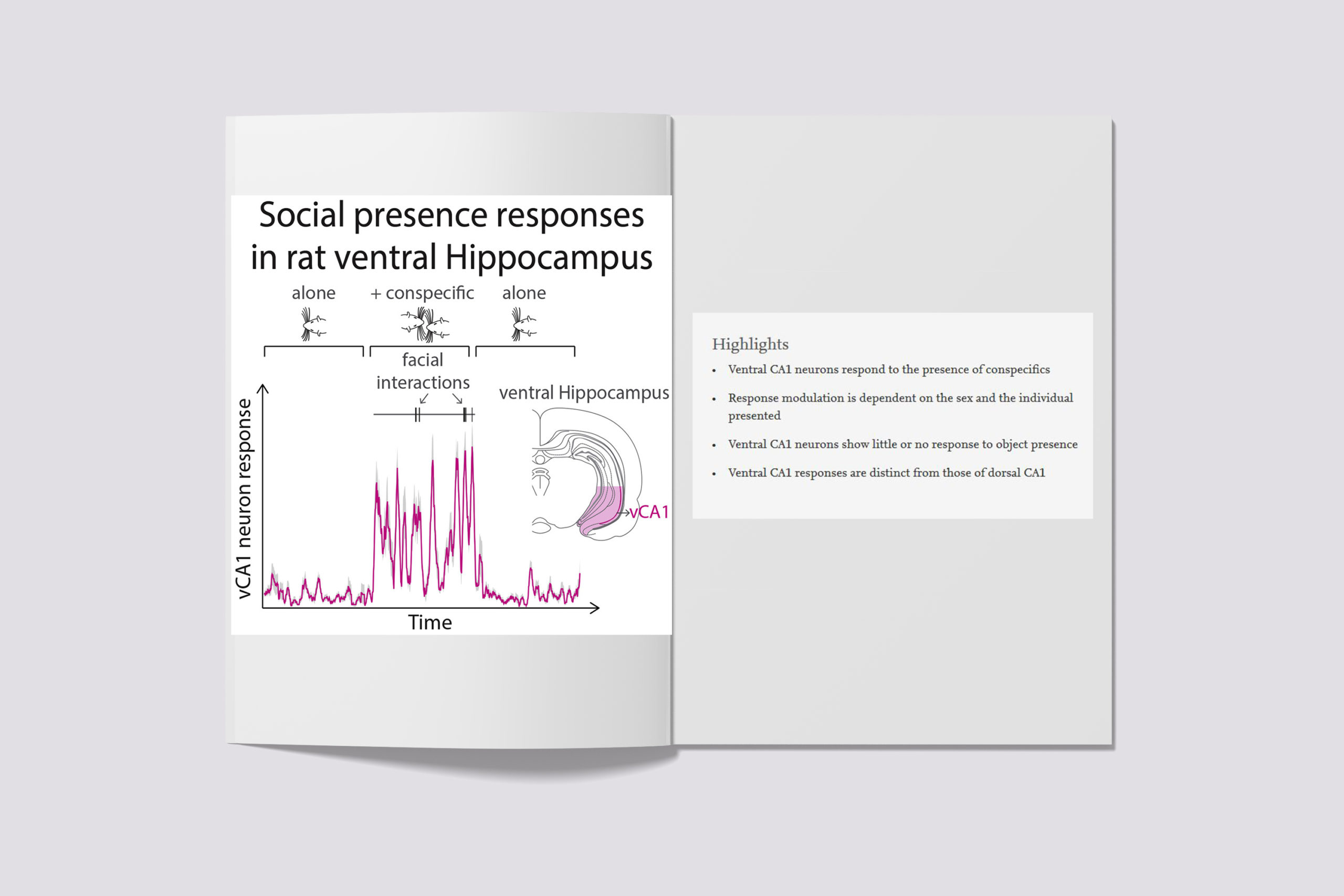
Neuronal responses to conspecifics in the ventral CA1
Rajnish P Rao, Moritz von Heimendahl, Viktor Bahr, Michael Brecht
Cell Rep. 27(12):3460-3472.e3 (2019)

